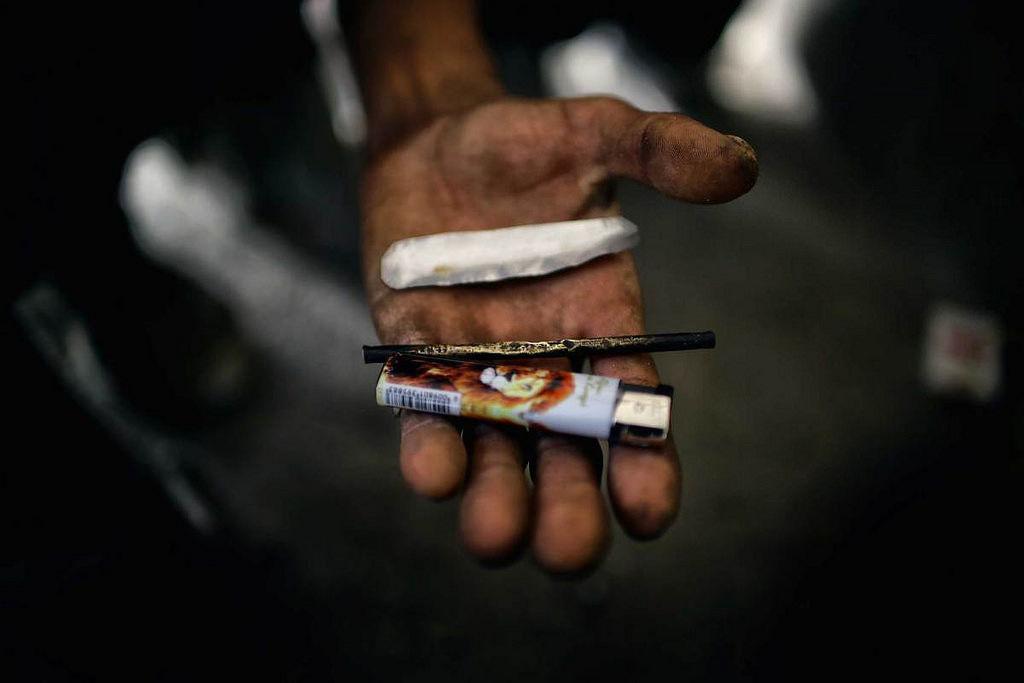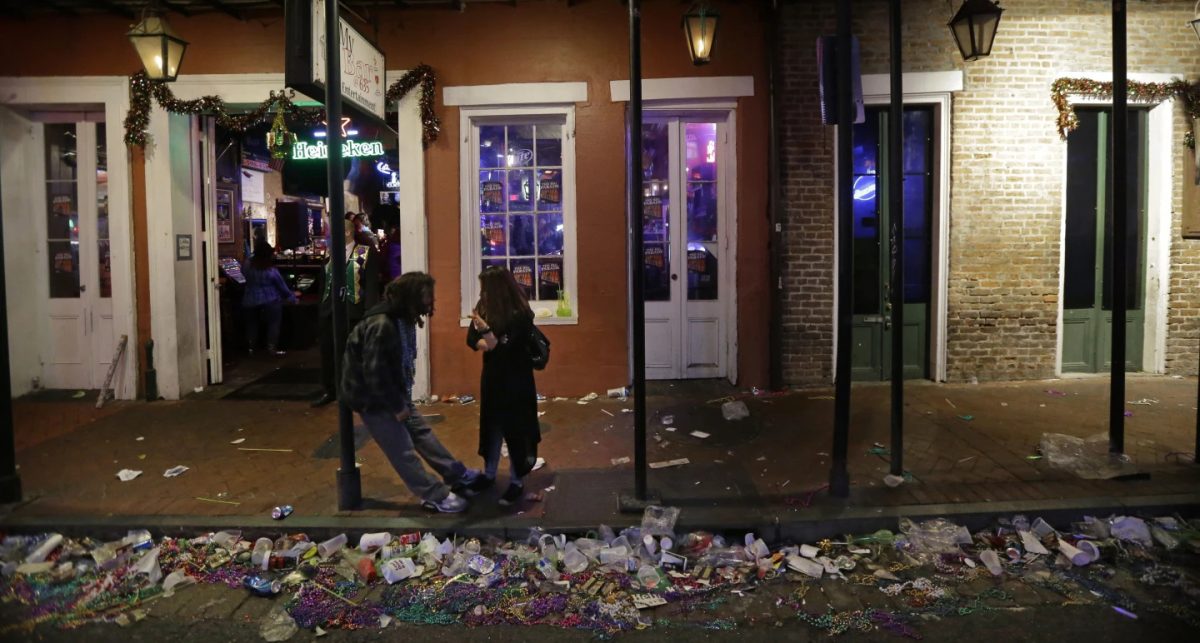Singer and former Disney Channel actress Demi Lovato was hospitalized after overdosing on July 24. On April 24, 2017, I was arrested after driving drunk and under the influence of a slew of prescription drugs. Both instances are the product of obvious poor choices over the course of our lives. They’re also the product of a broken society that outcasts addicts.
When people receive a cancer diagnosis, they aren’t exiled by their family. When people come down with a stomach virus, they aren’t judged by their coworkers. But when a moderate drinker or a recreational drug user thinks they’re developing a problem, the fear of asking for help is ingrained via a social stigma.
Asylums, Nancy Reagan’s “Just Say No” campaign and drug abuse being used as a vessel of institutionalized racism are some direct causes of the stigma we face today.
Let’s get one thing straight — addiction is a disease that begins with the choice to consume a substance. Addiction itself is not a choice. Neither Lovato nor I decided that we would one day become addicts.
After my incident, I got help from a variety of sources. I began seeing a therapist and a psychiatrist. I even began attending and participating in Alcoholics Anonymous meetings. But most importantly, I told friends about my issues. I had conversations about the darker parts of myself that I typically don’t want to share. I told them that I wanted to be better.
While the stigma of addiction has receded in the last two centuries, death rates due to substance abuse have not correlated. According to the The Surgeon General’s Report on Alcohol, Drugs and Health, there are 88,000 alcohol-related deaths yearly in the U.S., accounting for one in 10 deaths among working-age individuals. According to a report from the CDC, nearly 64,000 people died from a drug overdose in 2016. To put that figure into perspective, that’s about 6,000 more casualties than America suffered in Vietnam.
The outcry during Vietnam was unavoidable. The outcry during this continuing epidemic should be equally unavoidable. Addiction is not a simple disease. There is no vaccine that’ll rewire one’s mind to not crave a substance, although there are three drugs that assist in the deterrence.
America’s addiction epidemic won’t be solved on a national level. Yes, awareness campaigns and anti-stigma rallies will help. The problem, however, can only begin to be solved on an individual, personal and human level.
I don’t claim to have all of the answers – addiction is a much too complicated and individualized problem. Everyone’s addiction is the product of their own experiences. Sympathizing with a struggling family member, friend or stranger is a critical step to fixing the major problem facing Americans of all walks of life.
Talking about my problem was the single most important step in my ongoing recovery. We need to humanize addicts and realize they are people, too.
Addiction just happens to be what they struggle with. Love your neighbor as yourself.
James Smith is a 21-year-old mass communication senior from Grand Coteau, Louisiana.
Opinion: Addiction should be destigmatized, treated as disease
By James Smith
August 23, 2018







